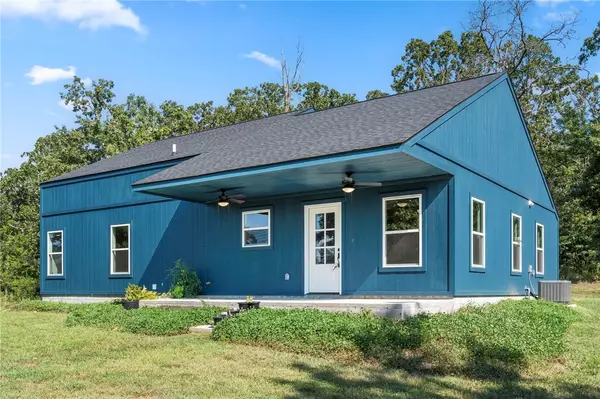The Importance of Location in Real Estate

The Importance of Location in Real Estate
When it comes to buying or selling real estate, one aspect that cannot be stressed enough is the importance of location. The neighborhood where a property is situated can greatly affect both buyers and sellers in numerous ways. From amenities and lifestyle to property values and resale potential, the location plays a crucial role in making real estate decisions. Let's explore how the neighborhood impacts buyers and sellers in the real estate market.
For homebuyers, the neighborhood is often a top consideration when searching for their dream home. The location of a property can determine the quality of life and the amenities available to its residents. Families may prioritize neighborhoods with good schools and parks, while young professionals may prefer areas that offer a vibrant nightlife and easy access to their workplaces. The right location can enhance the overall lifestyle and provide convenience to daily routines and activities. Thus, buyers are often willing to pay a premium for a property in a desirable neighborhood.
Moreover, the neighborhood can impact the value and future appreciation potential of a property. A highly sought-after neighborhood tends to experience higher demand, leading to increased property values. This can be advantageous for sellers as it allows them to command higher prices for their homes. On the other hand, properties in less desirable neighborhoods may face challenges in attracting buyers and may experience slower appreciation rates. Sellers should be aware of the impact of location on their property's value and consider pricing their homes accordingly.
For sellers, understanding the neighborhood and its unique selling points can help them market their property effectively. Highlighting local amenities, such as nearby shopping centers, parks, or cultural attractions, can attract potential buyers who are seeking a specific lifestyle. Sellers can also emphasize the safety and security of the neighborhood, as well as any community events or initiatives that foster a sense of belonging. By showcasing the advantages of the location, sellers can differentiate their property from others on the market and increase its appeal.
In addition, the location of a property can influence the length of time it takes to sell. Properties in desirable neighborhoods tend to sell quicker than those in less sought-after areas. Buyers are often willing to act fast when a property becomes available in a popular neighborhood, fearing they may miss out on the opportunity. Sellers in high-demand areas may benefit from a competitive market where multiple buyers are vying for their property, potentially leading to multiple offers and higher selling prices. Understanding the dynamics of the local real estate market can help sellers set realistic expectations and adjust their strategies accordingly.
In conclusion, the importance of location in real estate cannot be underestimated. The neighborhood where a property is situated can significantly impact both buyers and sellers. Buyers seek out locations that align with their lifestyle preferences and expectations, while sellers can leverage the advantages of their neighborhood to attract potential buyers and increase their property's value. Whether you are buying or selling, understanding the significance of location is crucial for making informed real estate decisions.
Categories
Recent Posts










